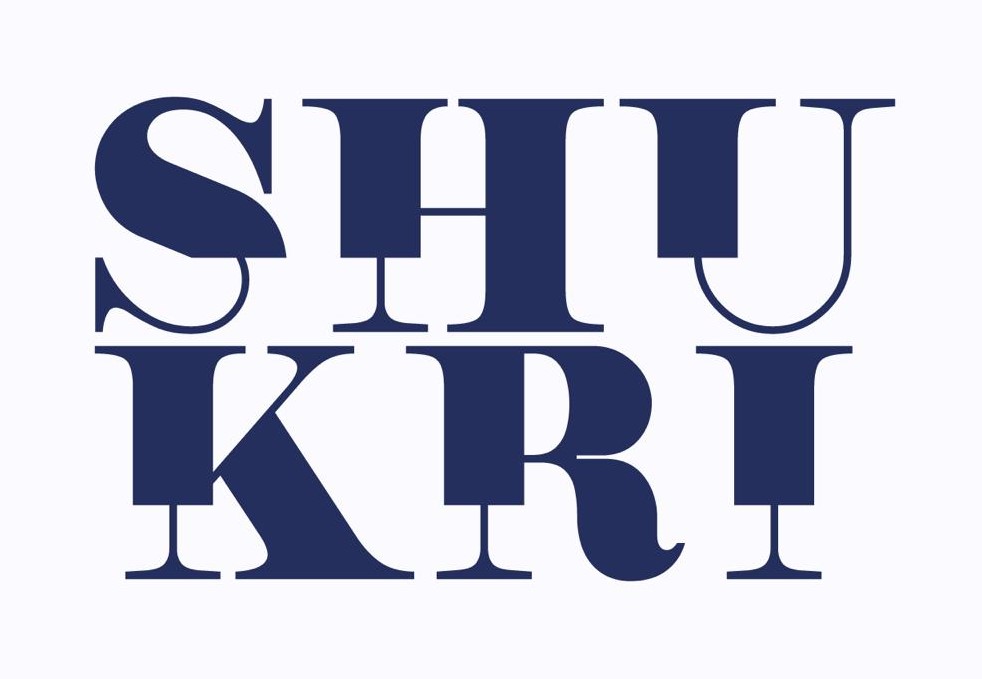A virtual dataroom is a cloud-based service that allows you to securely share and store sensitive information. This data is typically private documentation that companies are required to share during transactions as well as business processes like M&A or due diligence. This information must be available to authorized users, but secured from unauthorized access. Virtual data rooms make this information accessible to access from anywhere, on any device, at any time. They also provide a full audit trail for the security of the files.
When choosing a VDR it is important to consider the features that are most relevant to your particular project or business process. Many companies offer demos and trial versions to allow businesses to test the software on their own. This allows them to see first-hand how a VDR performs in real-world situations and determine if it is capable of achieving their business goals.
Other features to look out for include document permissions that are granular such as fence view printing, download, and edit, as well as multilingual support. Additionally, a robust search engine allows users to find documents in the VDR. The ability to track the activity of users is an essential feature that allows administrators to be aware of which documents are crucial to customers and how long they spend on them.
In the end, it is essential that the virtual data room has an incredibly flexible interface that can be easily integrated into the existing workflows and IT systems. This is particularly important for companies that run M&A projects frequently, in which lots of documents are distributed among different parties. The ability to efficiently collaborate on a deal using a virtual data space improves productivity and significantly accelerates the decision-making process.

